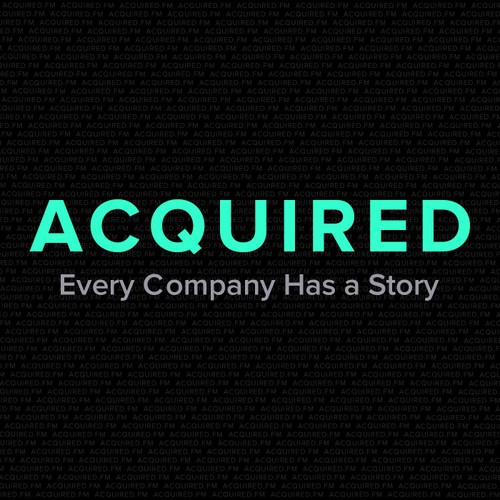
 Acquired
Acquired Eventbrite (with Julia & Kevin Hartz)
27 snips
Aug 25, 2020 Julia Hartz, CEO of Eventbrite, and her husband, co-founder Kevin Hartz, share their journey from bootstrapping a startup to navigating an IPO and the challenges posed by the COVID-19 pandemic. They discuss the importance of community support and the revival of events. The couple reflects on their entrepreneurial paths, emphasizing adaptability and strategic growth. Their insights on public transparency, cybersecurity in live events, and the emotional rollercoaster of launching as a public company enrich the conversation, blending personal anecdotes with professional wisdom.
AI Snips
Chapters
Transcript
Episode notes
Stanford Connection
- Kevin Hartz met Peter Thiel at Stanford, bonding over student politics despite differing viewpoints.
- This connection led to Kevin's early investment in PayPal and involvement with the "PayPal Mafia."
Customer-Driven Growth
- Observing customer behavior and adapting accordingly is crucial for startups.
- PayPal's initial focus on eBay emerged from observing its use case there, not from a preconceived plan.
Meeting at a Wedding
- Julia and Kevin Hartz's first encounter was at a wedding where Julia was a reader.
- A spilled drink incident led to their conversation and eventual relationship.
